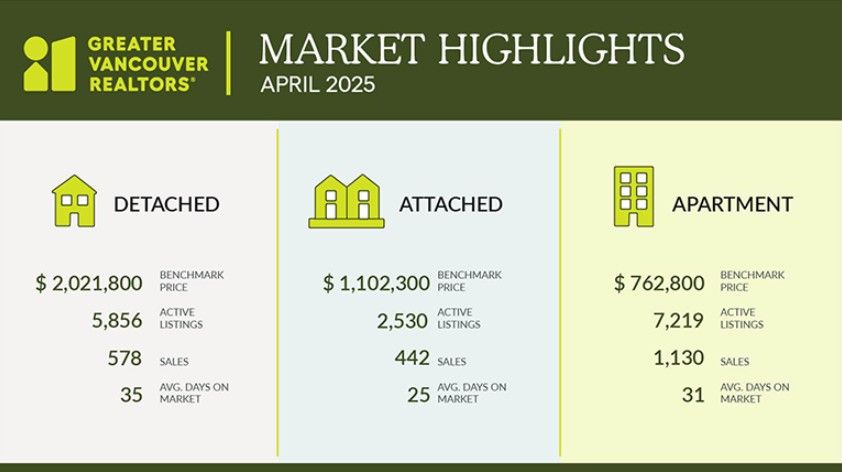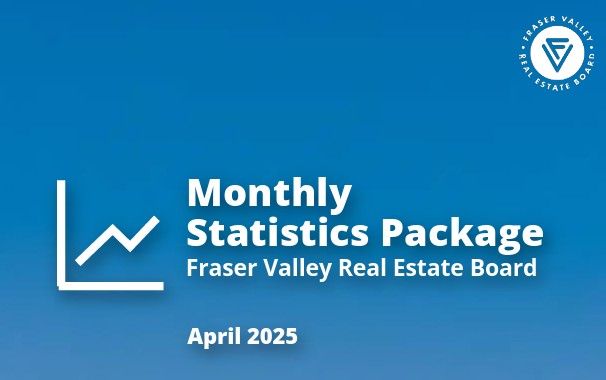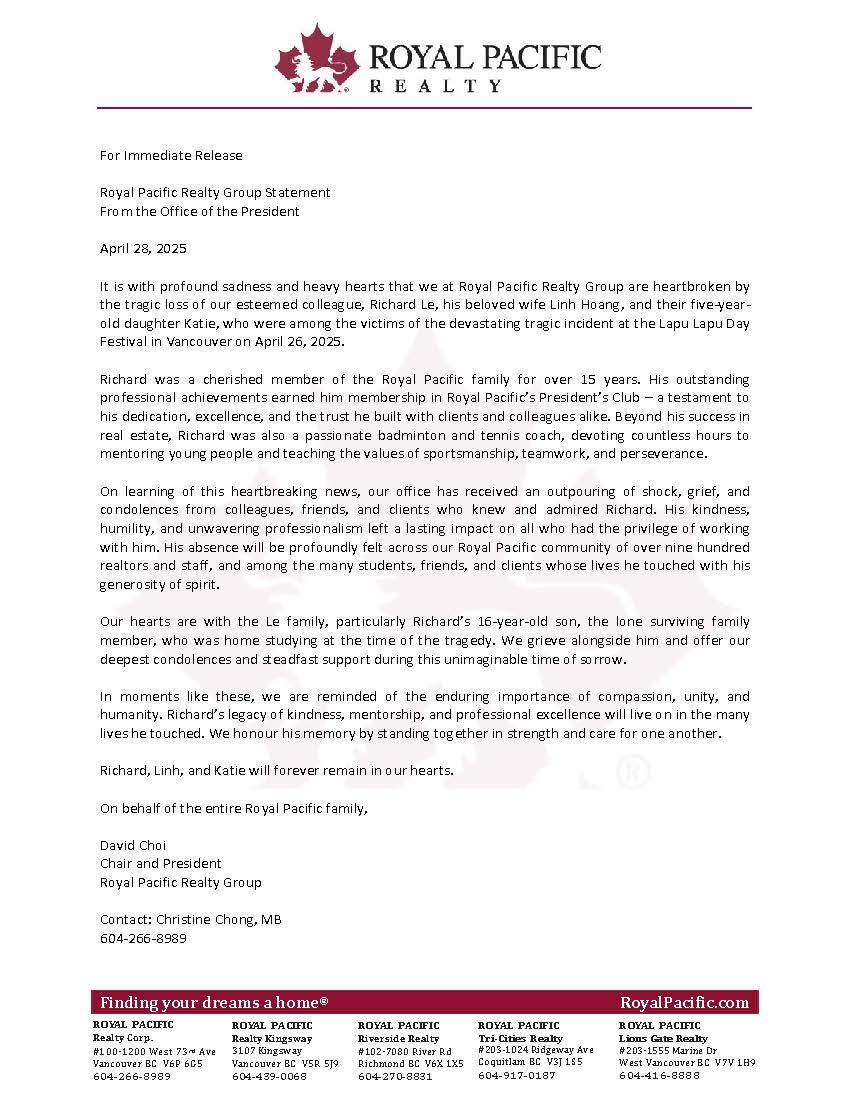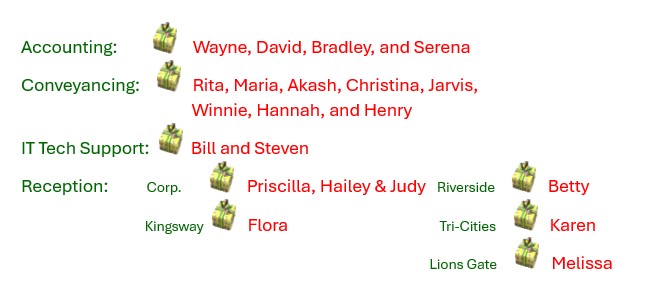Posted on
February 3, 2025
by
Unilife Realty Inc.
Real estate transactions often happen in a hurry. Many clients and REALTORS® also have busy lives and practices, and a number of things to keep track of. However, the legal principles of contract interpretation do not cut the parties or their agents any slack when complying with due dates in a contract. Depending on the type of obligation that is due, when these dates are missed, you can end up with an expired deal on your hands. While offers can be revived in some cases, contracts cannot. Even where revival is possible, there are pitfalls and consequences to be aware of and avoid.
Reviving an Expired Offer
An offer expires when an offer or counter-offer is not accepted by the specified acceptance date and time. There is no obligation on another party to accept an offer, but if they fail to do so by the required time, the offer can no longer be accepted.
Offers can technically be "revived" in that they can be made again on identical substantive terms by changing the time and date for acceptance to sometime in the future. However, this can be risky because it is not as simple as changing some dates; all terms need to be reviewed again to make sure they work on the new proposed timeline. Depending on the circumstances, the expired offer may include terms that do not make sense anymore or are not appropriate given the passage of time. The longer the gap between an offer's expiry and its revival, the higher the chances that at least some terms will need to change.
For example, reviving an offer may require adjusting other dates in the contract, such as subject removal dates or completion, possession, and adjustment dates. There may also be an opportunity for a buyer to do some of the due diligence initially included as subject conditions in the expired offer. Completing this step before re-making the offer can make it more attractive to the seller(s) and increase the likelihood of acceptance. Finally, if an offer has expired for a significant amount of time, the Contract of Purchase and Sale may have been updated in the interim. In such cases, the REALTOR® should use the most current version of the form when preparing an offer.
Starting a fresh offer, while preferable in most cases, is not without risk either. REALTORS® should ensure that all terms that their clients still want to include and that still make sense, are accurately carried over in the new offer. Extra caution is needed to ensure that nothing is inadvertently changed when entering information into the fresh offer form.
It is almost certain that any required information regarding the Home Buyer Rescission Period in an offer will have to be amended when an offer is revived, unless it simply needs to be extended by a few hours.
Expired Offer vs. Expired Contract
There is a difference between an expired offer, which is where an offer or counter-offer was not accepted by the specified acceptance date and time, and an expired contract, which is where a contract with subject conditions was entered into but one or more of the subjects were not removed by the specified subject removal date. Both documents are of no further force and effect. However, reviving an offer is possible, whereas reviving a contract is not.
Once a contract expires, the parties have an opportunity, but not an obligation, to enter into a new contract on identical substantive terms. One or more parties can also decide that they no longer want to agree to the previously settled terms and can either try to negotiate some changes or walk away from the deal entirely.
A contract cannot be revived by simply having one or more parties sign a subject removal addendum after the time for removing subjects has expired. It is also not advisable to attempt to revive a contract by using a simple addendum stating the parties agree with all the terms in the contract other than new subject removal dates. There are potential issues with the enforceability of such an addendum for failure to provide additional consideration, or value, for the change. It also creates a contradiction between the subject removal dates in the contract, in the addendum, and potentially other inconsistencies. Contracts that are not internally consistent can lead to serious legal interpretation problems, resulting in outcomes that your clients may not want or have not anticipated.
The best practice similar to with an expired offer, is to go through the contract term by term and carefully input them into a new contract form, making any date or sequencing amendments that need to be made as a result of the expiry. While this does not guarantee a deal will be re-made, it should avoid additional issues caused by inconsistent contract terms. If the Contract of Purchase and Sale has changed in the interim, REALTORS® should advise their clients of the changes.
Tracking Dates – A Realtor®'s Responsibility
If offers or contracts expire as a result of a REALTOR®'s failure to remind their clients of important dates requiring their attention, this can create both civil liability and regulatory issues. This risk remains even if the REALTOR® attempts to revive or re-make the offer or contract but fails to do so effectively.
REALTORS® should remind clients of all important dates in a contract or offer that requires them to act. If the client fails to take the required action, resulting in the expiry of a deal the client did not want to lose, the client may argue that the REALTOR® is at fault for failing to provide adequate warning about the deadline. While parties to a contract have an obligation to look out for their own interests and monitor important dates, it is likely that in most cases, the responsibility to track dates would be found to be shared if the matter were brought before the courts in a lawsuit for realtor® negligence or breach of contract.
There are also potential regulatory consequences for failing to advise clients of due dates and / or ineffective efforts to keep the deal alive once those dates have passed. For example, in a case decided by way of a consent order by the then Real Estate Council of BC (RECBC), a REALTOR® attempted to revive a contract after the subject removal period had expired. This was done by way of an addendum acknowledging that the subject removal date was missed but saying that all parties agreed that the contract was to continue. The REALTOR®, acting as an authorized dual agent, was disciplined, in part, for:
a) failing to act in the best interests of their client and to disclose all material information, as currently required by Rule 30 of the Real Estate Services Rules (the "Rules"), by not having advised their seller client that the buyer had missed the subject removal date; and
b) failing to exercise reasonable care and skill, as currently required under Rule 34 of the Rules, when they attempted to revive the contract by way of an addendum, since contracts cannot be revived.
Luckily, the transaction in that case ultimately closed without any damages suffered by the clients. However, the REALTOR® was sanctioned by RECBC for their actions.
As this article has hopefully highlighted, the easiest way to avoid revival issues is to simply not miss any contract deadlines. However, if it happens, REALTORS® should make sure they are taking the right steps to try to get the deal back on track, and to take great care as they do so.













